Processed foods are made to cater to the fast life, to provide ease when it comes to food consumption. It requires minimal preparation and is tasty, but we must be aware of what the word “process” entails. Most of them are mainly junk food, and could be harmful to take in the long run.
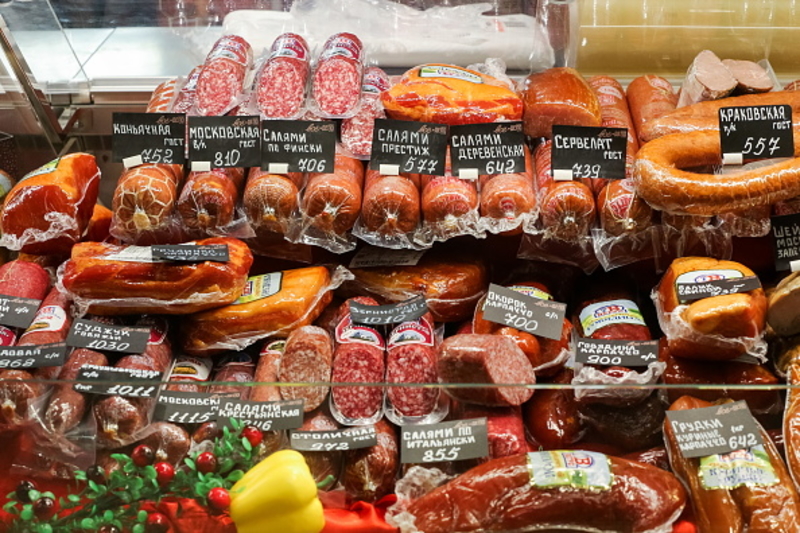
It is imperative to be able to filter out which ones are safe and which ones shouldn’t be part of your regular diet.
To identify what makes food categorized as being processed, Kristi L. King, a dietitian at Texas Children’s Hospital, says that once food has been altered from its natural state it’s technically considered processed. Therefore, fruits, vegetables, and roasted nuts that have been washed and cut are deemed minimally processed foods. They still retain most of their nutrients and natural taste, and physical properties.
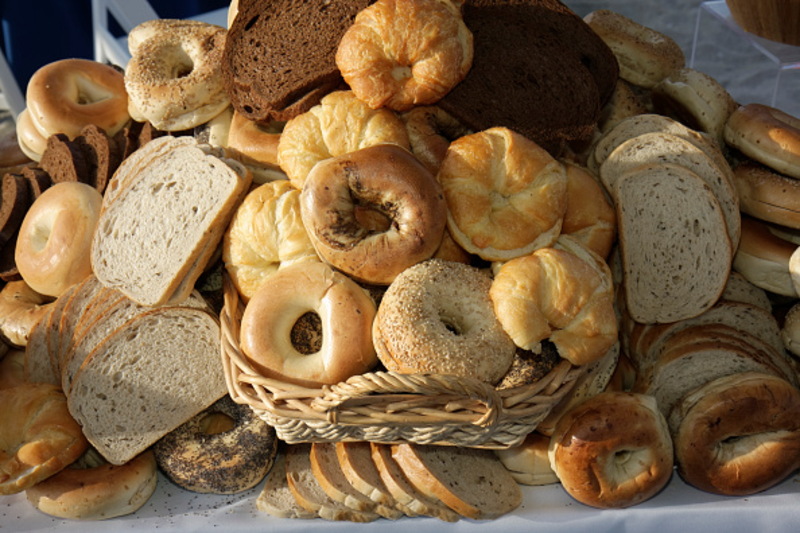
They maintain their beneficial health qualities, and the same goes with canned tuna, frozen fruits, and tomatoes — all processed to keep their freshness; nutrients are preserved and enhanced. Ready-to-eat cereals for breakfast, yogurt, crackers, and milk fortified with vitamins are also categorized among other mildly processed foods. When it comes to those that are heavily altered, these are usually high in sodium, sugars, and other added chemicals that comprise the processed foods list that we should avoid.
The key to keeping a healthy diet is to avoid “ultra processed” foods. Go for the minimally processed ones, as the former can compose 60% of our calories, and added sugars and the like may contribute 90% of our calories. Below are a few painless ways of doing it. Start slowly According to the author of The All-Natural Diabetes Cookbook, consider taking baby steps in cutting back the poor habit.
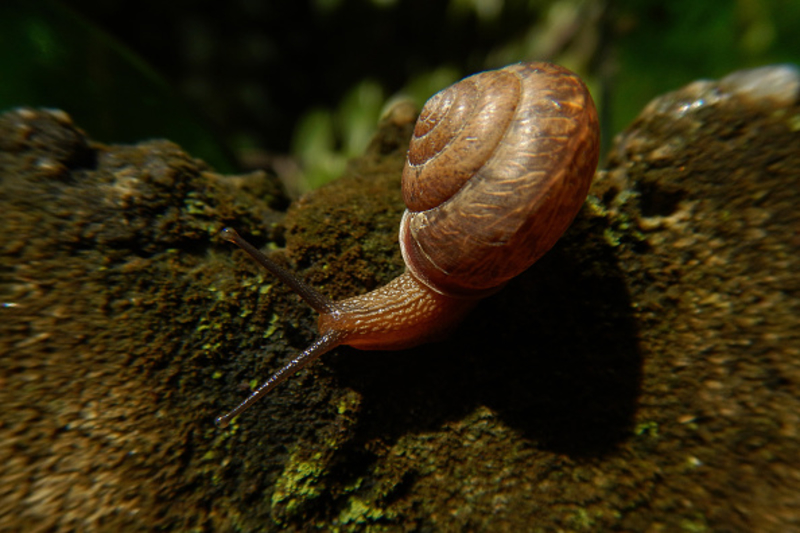
Supplement your meals with fresh foods
Start by initially filling parts of your plate with fruits like bananas, or an apple. Eventually, fruits and veggies should comprise half of your meal.
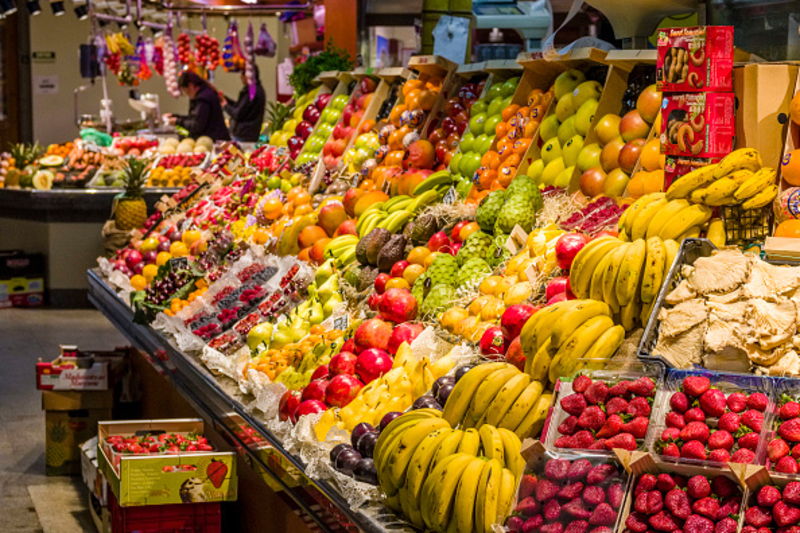
Fewer sugar-sweetened beverages, more water
Bored of water? Dietitian Kristi L. King suggests drinking carbonated water or adding fruit to flavor your water.

Stop adding salt to foods
Substitute salt with pepper or garlic.
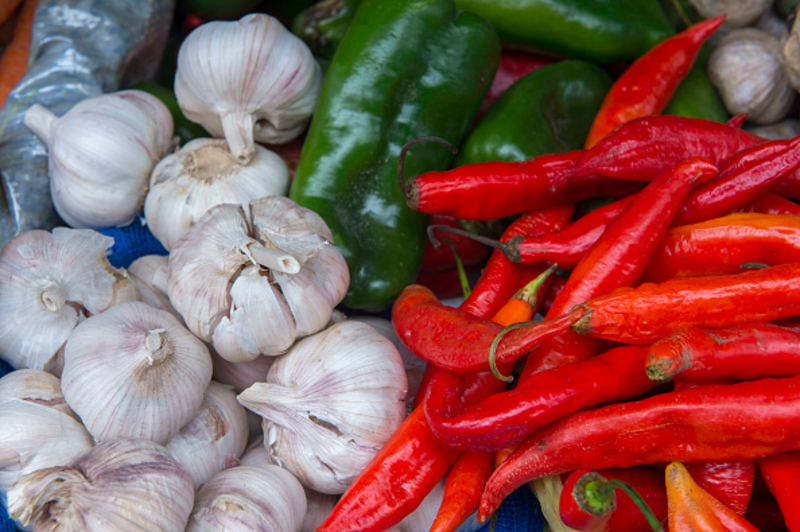
Plan ahead
King says a busy life shouldn’t prevent you from eating healthy. Prepare on weekends for the rest of the week. Have healthy food stocked and ready to grab.
Choose whole grains over processed grains
Replace white rice with brown rice, and white bread with whole grains. Pick whole wheat pasta instead of white pasta. These are healthier and more filling too.
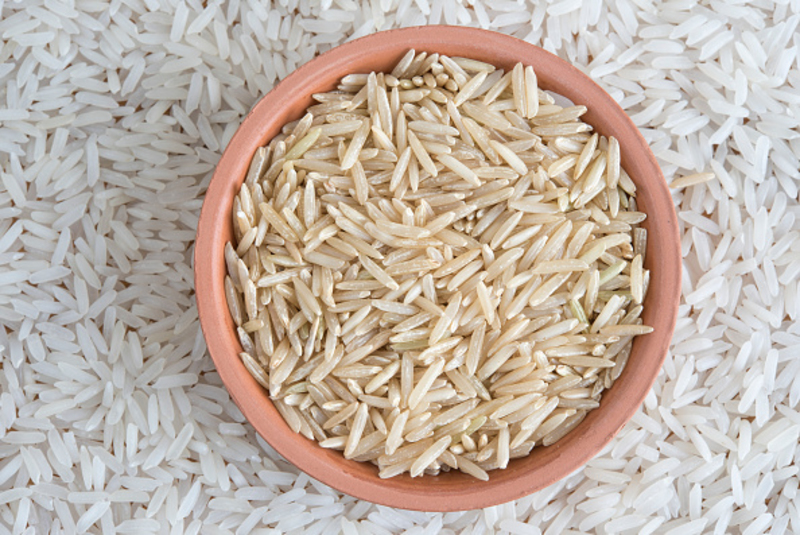
Limit or avoid processed meats
It is noteworthy that these meats (bacon, sausages, hams) are carcinogenic.
Use substitutes for highly processed snacks and foods
Do away with potato chips, get a nonfat popcorn instead to eliminate your craving. Parmesan cheese or chili powder should add more flavor to it. King recommends unsweetened cereal with fruit for flavor instead of cereal sweetened with sugar.
Make your own versions of processed foods
Still miss your processed chips? Author Jackie Newgent says to go for homemade ones. Try granola or kale chips.
Don’t use bottled dressings
3 tablespoons of olive oil and 1 tablespoon of vinegar for a vinaigrette is great.
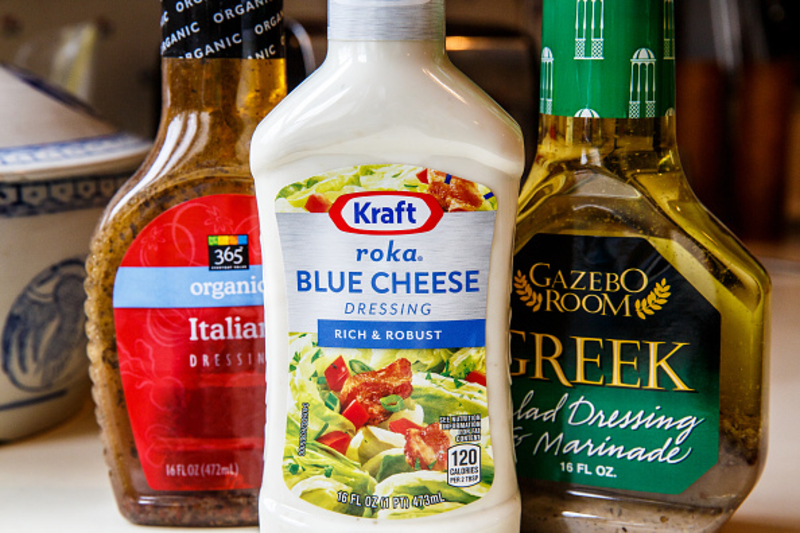
Make healthier versions of frozen meals
Find the time on weekends for the coming days, King said. How about homemade mac and cheese? But use whole wheat pasta, veggies, and turkey burger patties.
Don’t be fooled by advertising
Newgent cautions against foods with artificial ingredients. Be wary of modified food (fat, sugar) like sugar-free yogurt or fat-free mayonnaise. Watch out for chemical additives, and artificial sweeteners, and make it a practice to always read ingredient lists before purchasing packaged foods.